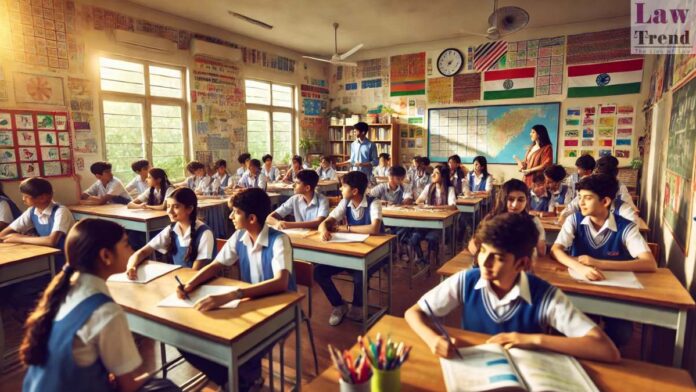The Supreme Court of India on Wednesday observed that sex education should be provided to children “from a younger age and not class IX onwards,” while granting bail to a 15-year-old boy accused of sexual assault. A bench of Justice Sanjay Kumar and Justice Alok Aradhe made the crucial observation after reviewing the Uttar Pradesh
To Read More Please Subscribe to VIP Membership for Unlimited Access to All the Articles, Download Available Copies of Judgments/Order, Acess to Central/State Bare Acts, Advertisement Free Content, Access to More than 4000 Legal Drafts( Readymade Editable Formats of Suits, Petitions, Writs, Legal Notices, Divorce Petitions, 138 Notices, Bail Applications etc.) in Hindi and English.




